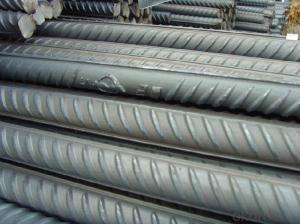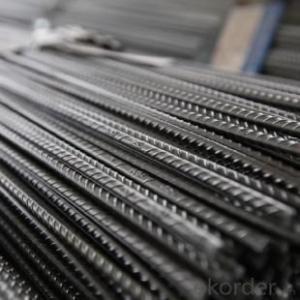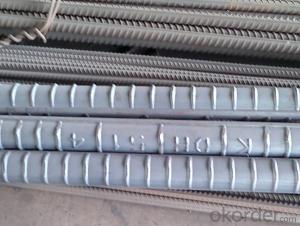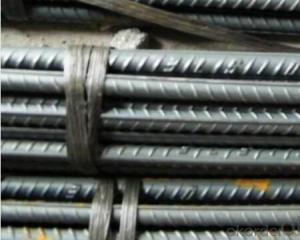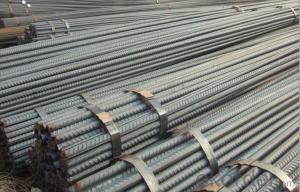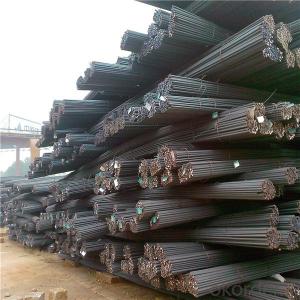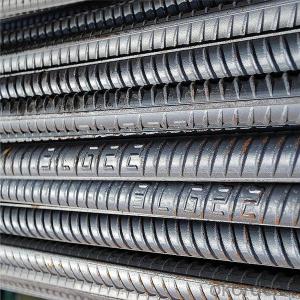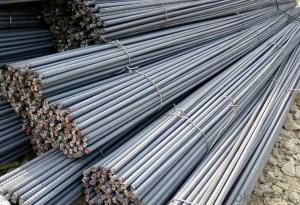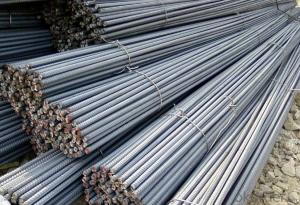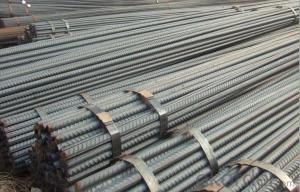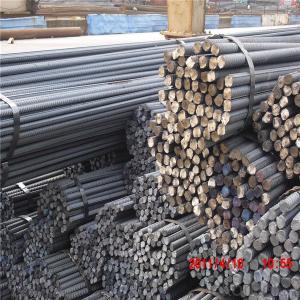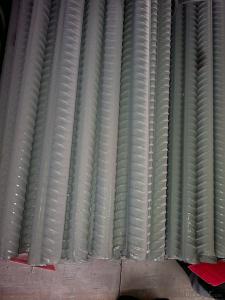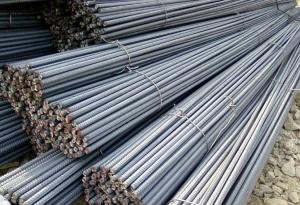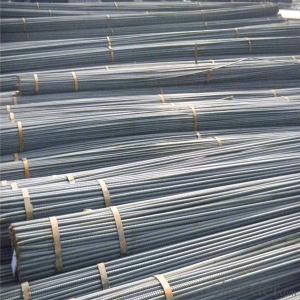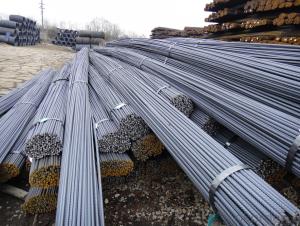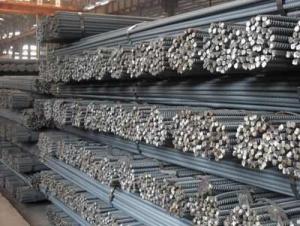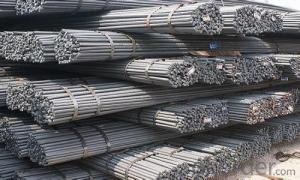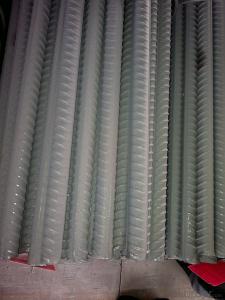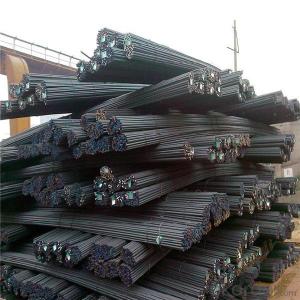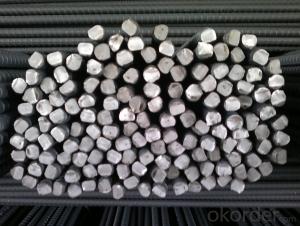All Categories
- - Steel Wire Rod
- - Steel Coils
- - Steel Profiles
- - Steel Pipes
- - Stainless Steel
- - Tinplate
- - Special Steel
- - Steel Sheets
- - Steel Rebars
- - Steel Strips
- - Hot Rolled Steel
- - Cold Rolled Steel
- - Pre-painted Steel
- - Seamless Steel Pipe
- - Welded Steel Pipe
- - Hollow Steel Tubes
- - Galvanized Pipe
- - Stainless Steel Coil
- - Stainless Steel Sheet
- - Stainless Steel Plate
- - Stainless Steel Strips
- - Electrolytic Tinplate Coil
- - Electrolytic Tinplate Sheet
- - Stainless Steel Rebars
- - Solar Panels
- - Solar Water Heater
- - Solar Related Products
- - Solar Inverter
- - Solar Cells
- - Solar Light
- - Solar Energy Systems
- - Solar Controllers
- - Solar Mounting System
- - Solar Pump
- - Solar Chargers
- - Fiberglass Chopped Strand
- - Fiberglass Mesh Cloth
- - Composite Pipes
- - FRP Pultrusion Profiles
- - Fiberglass Mat Tissue
- - Fiberglass Fabrics
- - Fiberglass Mesh
- - Composite Tank
- - Fiberglass Mesh tape
- - Polymer
- - FRP Roofing Panel
- - Fiberglass Roving
- - Monolithic Refractories
- - Ceramic Fiber Products
- - Refractory Bricks
- - Raw Materials For Refractory
- - Suspended Platform
- - Cranes
- - Concrete Machinery
- - Earthmoving Machinery
- - Building Hoist
- - Road Building Machinery
- - Plastic Pipe Fittings
- - Plastic Tubes
- - Plastic Sheets
- - Agricultural Plastic Products
- - Plastic Nets
 All Categories
All Categories
Q & A
What are the safety measures for workers involved in cutting and bending steel rebars on-site?
Some safety measures for workers involved in cutting and bending steel rebars on-site include wearing appropriate personal protective equipment (PPE) such as safety glasses, gloves, and steel-toed boots to protect against potential injuries. Workers should also receive proper training on the safe operation of cutting and bending tools, and follow the manufacturer's guidelines. It is important to ensure a clean and organized work area, free from any potential hazards. Additionally, workers should be cautious of their body positioning and maintain a stable stance while working with rebars to prevent falls or injuries.
How are steel rebars classified based on yield strength?
Steel rebars are classified based on yield strength into different grades, such as Grade 40, Grade 60, and Grade 75. These grades indicate the minimum yield strength of the rebar, which is the amount of stress the rebar can withstand before it starts to deform permanently.
How are steel rebars used in the construction of government buildings and public infrastructure?
Steel rebars are commonly used in the construction of government buildings and public infrastructure to provide reinforcement and structural strength to concrete. These rebars are typically placed throughout the concrete structures, such as columns, beams, and slabs, to enhance their load-bearing capacity and durability. By reinforcing the concrete, steel rebars help ensure the stability and longevity of government buildings and public infrastructure, making them safer and capable of withstanding heavy loads and natural forces like earthquakes.
What is the difference between hot-rolled and cold-rolled steel rebars?
The main difference between hot-rolled and cold-rolled steel rebars lies in the manufacturing process. Hot-rolled steel rebars are produced by heating the steel billets to extremely high temperatures and then rolling them into the desired shape. This process results in a rougher surface texture and a larger size range of rebars. On the other hand, cold-rolled steel rebars are manufactured by cooling down the hot-rolled bars and then passing them through a series of rollers at room temperature. This process produces a smoother surface finish and tighter dimensional tolerances. Additionally, cold-rolled steel rebars are generally stronger and have a higher yield strength compared to hot-rolled ones due to the strain hardening that occurs during the cold-rolling process.
Wholesale Steel Rebars from supplier in British
Whether you are involved in construction, infrastructure, or any other industry that requires Steel Rebars, we have the knowledge and resources to meet your needs. Our team of experts is committed to understanding your specific requirements and providing you with the best solutions.
We take pride in our strong relationships with reputable steel manufacturers, ensuring that we only offer high-quality products that meet industry standards. Our Steel Rebars are known for their durability, strength, and resistance to corrosion, making them suitable for a wide range of applications.
In addition to our exceptional product offerings, we also provide excellent customer service. Our dedicated sales team is always ready to assist you with any inquiries, provide quotations, and offer technical support. We understand the importance of timely delivery, and we strive to ensure that your orders are fulfilled efficiently.
As a subsidiary of CNBM, a Fortune Global 500 company, we have access to a vast network of resources and expertise. This allows us to provide comprehensive procurement services exclusively tailored for the British market. Our aim is to simplify the procurement process for our customers and provide them with the best value for their investment.
We invite you to partner with us for all your Steel Rebars requirements. With our industry knowledge, high-quality products, and exceptional customer service, we are confident that we can contribute to the success of your projects. Contact us today to discuss your needs and let us be your trusted supplier of Steel Rebars in the British market.
We take pride in our strong relationships with reputable steel manufacturers, ensuring that we only offer high-quality products that meet industry standards. Our Steel Rebars are known for their durability, strength, and resistance to corrosion, making them suitable for a wide range of applications.
In addition to our exceptional product offerings, we also provide excellent customer service. Our dedicated sales team is always ready to assist you with any inquiries, provide quotations, and offer technical support. We understand the importance of timely delivery, and we strive to ensure that your orders are fulfilled efficiently.
As a subsidiary of CNBM, a Fortune Global 500 company, we have access to a vast network of resources and expertise. This allows us to provide comprehensive procurement services exclusively tailored for the British market. Our aim is to simplify the procurement process for our customers and provide them with the best value for their investment.
We invite you to partner with us for all your Steel Rebars requirements. With our industry knowledge, high-quality products, and exceptional customer service, we are confident that we can contribute to the success of your projects. Contact us today to discuss your needs and let us be your trusted supplier of Steel Rebars in the British market.
